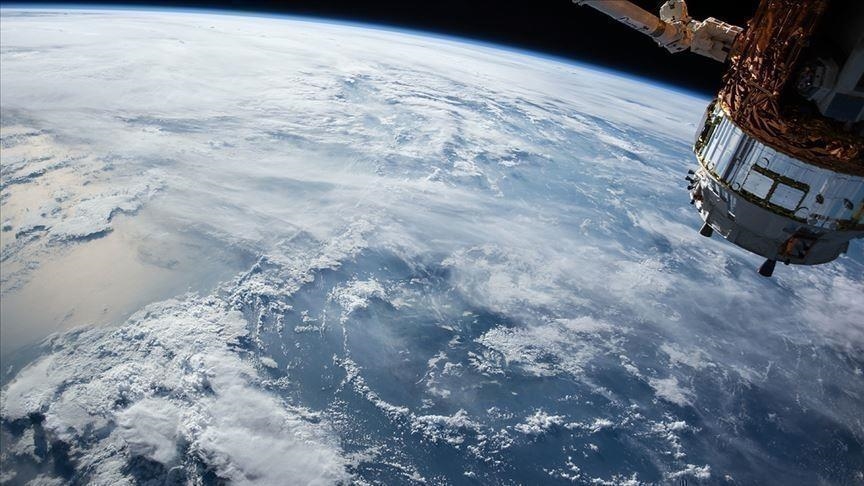MIT scientists uncover traces of Earth's lost ancestor deep beneath surface
Deep rock samples from Greenland, Canada, Hawaii reveal remnants of planet’s 4.5-billion-year-old precursor, offering new insights into Earth’s earliest chemistry

ISTANBUL
Scientists from the Massachusetts Institute of Technology (MIT) and international collaborators have discovered rare remnants of “proto Earth,” the planet’s ancient precursor that existed 4.5 billion years ago.
They offer a glimpse into the material that predated the massive impact that shaped our modern world.
The findings were published Tuesday in Nature Geosciences, according to ScienceDaily.
“This is maybe the first direct evidence that we've preserved the proto Earth materials,” said Nicole Nie, the Paul M. Cook career development assistant professor of Earth and planetary sciences at MIT.
“We see a piece of the very ancient Earth, even before the giant impact. This is amazing because we would expect this very early signature to be slowly erased through Earth's evolution,” he said.
The team identified an unusual chemical signature in deep rock samples from Greenland, Canada and the US state of Hawaii, showing a deficit in the potassium-40 isotope compared to most modern Earth materials.
The anomaly suggests the rocks may contain tiny portions of the proto Earth, surviving billions of years of planetary upheaval, according to the findings released.
Scientists have been trying to understand Earth's original chemical composition by combining the compositions of different groups of meteorites. But our study shows that the current meteorite inventory is not complete, and there is much more to learn about where our planet came from,” Nie explained.
Anadolu Agency website contains only a portion of the news stories offered to subscribers in the AA News Broadcasting System (HAS), and in summarized form. Please contact us for subscription options.

